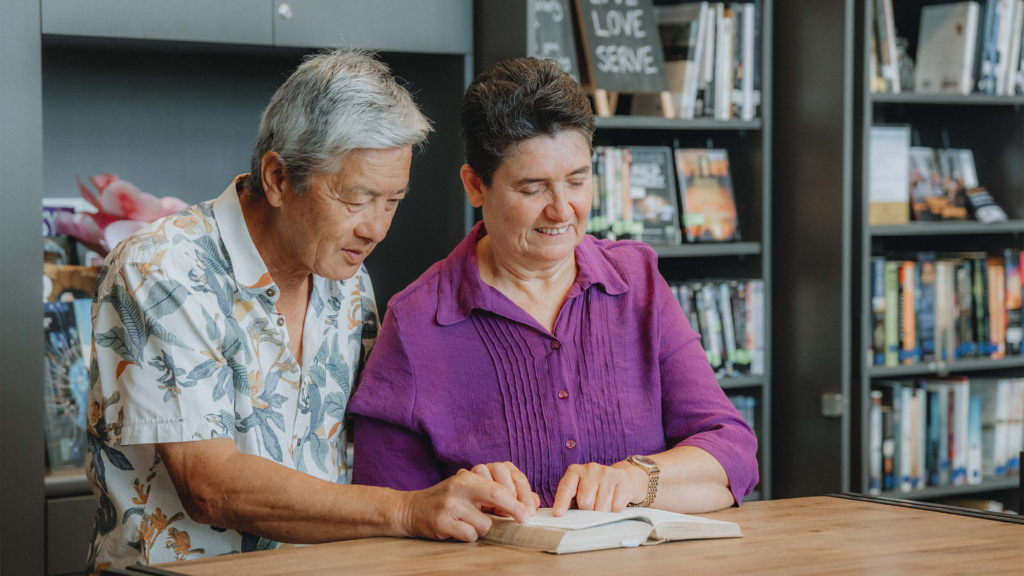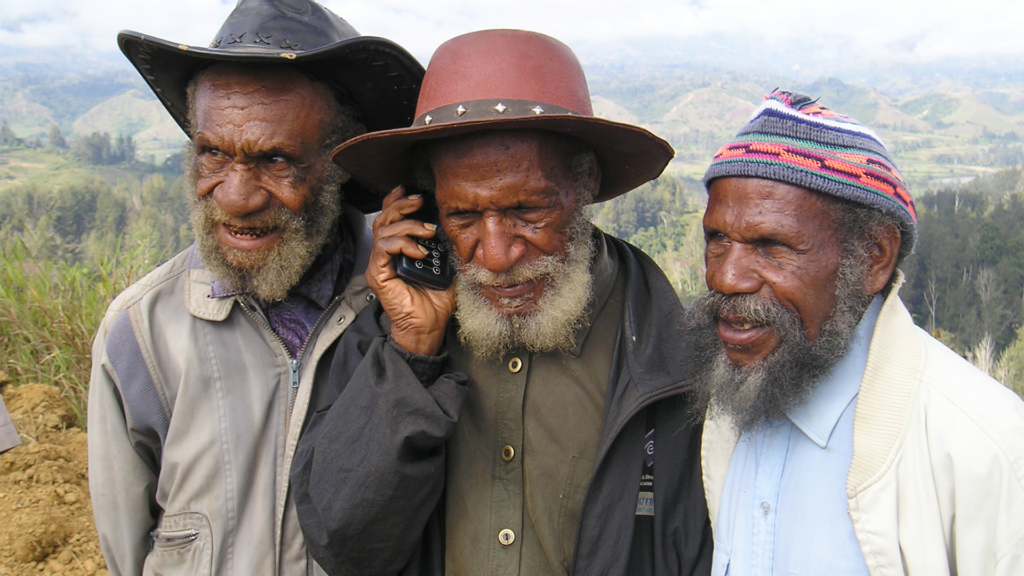I am from the last generation to have had an analog childhood—an “Xennial” (the micro-generation between Gen X and Millennials born between 1977 and 1983 who had an analog childhood and a digital young adulthood). Sometimes referred to as “The Lucky Generation”, we had a childhood without parents distracted by smartphones; where we had to wait a whole day or sometimes a week to watch the next episode of our favourite TV show, went shopping at the mall, chatted with our friends—in person, and were fortunate not to have our teenage years rendered into a digital record.
These days the first thing many of us do when we wake is check our phones. We begin our day with the news, a quick scroll through a social media platform or two and then again at breakfast, on the toilet and, if possible, as we commute to work. Some of us then work on a screen all day and then come home to relax in front of a different screen. In the evenings we binge on Netflix to unwind, with our phones in hand to scroll Facebook and Instagram, while messaging friends or family. Then off to bed, not to sleep but to Google celebrities and online shop and maybe check Facebook one last time. Our smartphones allow us to have constant unrestrained access to information, entertainment and distraction.
It’s an understatement to say the world has changed dramatically in the last few decades. John Mark Comer describes our digital reality as living in “a world of noise”. In what now seems prophetic, in CS Lewis’s brilliant satire, The Screwtape Letters, senior demon Screwtape calls the devil’s realm a “Kingdom of Noise” and claims, “We will make the whole universe a noise in the end.”1 We are all fighting a daily battle with our screens for our time, focus and attention and whether you’re a top executive or a stay-at-home mum, we all feel perpetually overwhelmed. That quiet childhood of mine was a last gasp of breath. We desperately need to develop healthy digital boundaries to keep from drowning.
For centuries, God’s people have observed a weekly day of rest—the Sabbath. It was a day to look forward to when people worked long, hard days doing manual labour just to survive. Today though, many of us need a different kind of rest. More and more I am realising I need a Screen-Free Sabbath. One day out of seven where I can switch off the noise and be in the quiet. Instead of looking down (at my phone), looking up at God’s beautiful creation. Instead of “liking” a Facebook post, practising hospitality, talking and laughing face to face with real-life friends; instead of watching another Netflix show, looking my husband and children in the eye and enjoying the precious time I have with them; instead of shopping online, sitting back in gratefulness for all God has blessed me with; instead of fuelling my fears and angst with the politics, crime and scandal of the news, I can pray for our leaders and communities and reflect on where God is at work in the world.
“How do you pray, read scriptures, sit under teaching at church, or rest well on Sabbath when every chance you get, you reach for the dopamine dispenser that is your phone?”2
“The great threat of the digital age is that it is robbing us of the capacity to be present.”3 What if Sabbath became a day of rest from the noise so that in the quietness, we could be present to God, to our own souls, to our kids, our spouses and to be present to what God is doing in our world?
Psalm 10:4 says, “In his pride, the wicked man does not seek Him; in all his thoughts there is no room for God.”
A screen-free Sabbath gives us room for God. By turning off the noise we can hear the “still small voice” of God (1 Kings 19:12). When I fill every margin and spare minute with “noise” I cease to be able to tend to my soul. Moments of boredom are rare when my phone is within reach. I lose opportunities to imagine, dream, reflect, evaluate, process the highs and lows of each day and centre my life on God’s truth.
Often, rather than sit with grief or loneliness or anger, I escape it with distraction and entertainment. A screen-free Sabbath allows me to be present not only to God but to my own soul.
As a parent, Sabbath is not always the day of rest I long for. I recently listened to Ruth Hayley Barton interview4 her daughter Charity about keeping Sabbath with children and she spoke about the paradigm shift they had when they began to see Sabbath as a day to be present to their children.
“The greatest gift you can give the children in your world is your undivided attention,”5 writes Sarah Boyd of Resilient Little Hearts. A screen-free Sabbath gives our children the gift of our time and presence as well as an opportunity for us to enjoy our children. How many precious moments have I missed with my children by being on my phone? A screen-free Sabbath makes conditions perfect for those relationships that matter most, helping families make meaningful connections in a media-heavy world.
Finally, a screen-free Sabbath allows me to be present to what God is doing in the world—by listening to others with undivided attention and discerning the work of the Holy Spirit ever drawing each of us to our Heavenly Father.
The idea of a screen-free Sabbath is so simple it hardly needs any instructions, but I do have several suggestions. Firstly, you need to prepare for it. If you are planning to meet up with others, make a plan and let them know you are switching off for the day. Warn family and friends your phone will be off. Print off a map if you need it for any travel. And if you use your phone for music or a camera, get creative or old-school. I know some people who dig out the old CDs, cassettes or records on Sabbath or even play songs on their piano or guitar. Choose to go camera free on a Sabbath and just enjoy the view without needing to share the moment on Facebook. Some people have a Sabbath box that they symbolically put all their devices in for the Sabbath hours. I recommend, at the very least, switching all devices off and putting them out of sight. It sounds simple but it’s harder than it seems. Our phones have become like an extra appendage. It’s normal to feel a bit anxious, even naked without it and I have found it quite revealing how addicted I truly am.
Screen-free Sabbaths are a chance to prioritise our families and our wellbeing. They offer a sanctuary: a space in stressful times to be present and celebrate the joy of life beyond ad-supported screens.
Andrew Sullivan, in his hard-hitting and deeply inspiring piece on our digital age, writes, “If churches came to understand that the greatest threat to faith today is not hedonism but distraction, perhaps they might begin to appeal anew to a frazzled digital generation.”6
Our generation of Sabbath keepers has a unique opportunity. We have an opportunity to be a prophetic witness to the life God has on offer—people of peace in a world of noise.
1. CS Lewis, The Screwtape Letters (Collier Books, 1982), p120.
2 John Mark Comer, The Ruthless Elimination of Hurry (Hodder and Stoughton, 2019), p122.
3. John Mark Comer Teachings Podcast: Unhurrying with a Rule of Life E4 “The Power of Quiet in a World of Noise” (December 16, 2022).
4. Strengthening the Soul of your Leadership with Ruth Hayley Barton Podcast: “Sharing Sabbath Presence Within Our Families” (Season 17, Episode 6).
5. Sarah Boyd, @resilientlittlehearts, June 18, 2020.
6. Andrew Sullivan, “I Used to Be a Human Being,” New York Times Magazine, September 19, 2016.
Adventist Media has created a new website on how Sabbath-keeping can lead to a healthier, happier life. Visit <Sabbathgift.info>.
Emma Dyer (nee Weslake) from Upper Hutt, NZ, is currently enjoying being a stay-at-home mum to her 5-year-old daughter and 3-year-old son.






